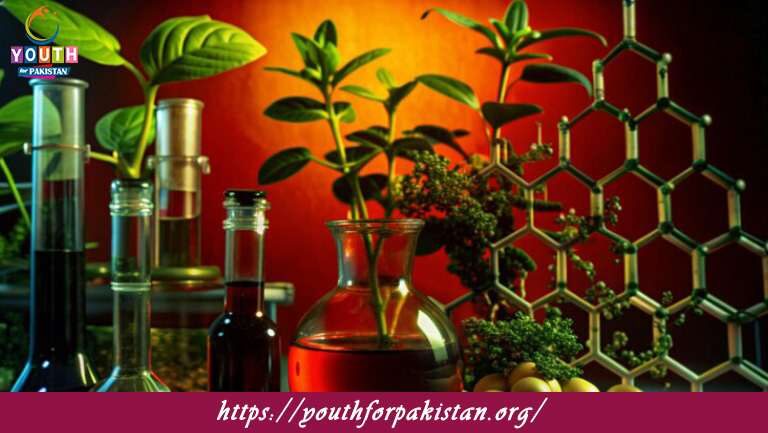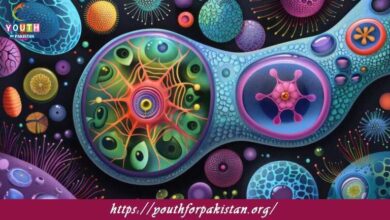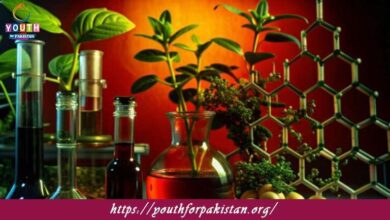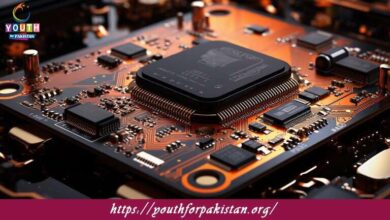12th Class Chemistry Chapter 7 Quiz with Answers

“12th Class Chemistry Chapter 7 Quiz: Fundamental Principles of Organic Chemistry” forms the base of understanding organic compounds, their structures, and reactions. Organic chemistry is a critical part of MDCAT preparation, and this chapter introduces basic concepts like hybridization, bonding, isomerism, and reaction mechanisms. Enhance your learning with our MDCAT Quiz and free flashcards.
Structure and Bonding in Organic Compounds
Organic compounds mainly consist of carbon, hydrogen, oxygen, and nitrogen atoms. The carbon atom’s special ability to bond results from its catenation property and ability to form stable covalent bonds.
MDCAT Quiz for Organic Chemistry Mastery
After reviewing the principles of organic chemistry, students should engage with quizzes specifically designed to prepare them for the MDCAT exam. The MDCAT Quiz focused on organic chemistry will challenge students’ knowledge of reaction mechanisms, molecular structures, and functional groups. The questions in this quiz are designed to mimic the type of problems students may encounter on the exam. By taking these quizzes, students can identify weak areas in their understanding and focus their revision efforts on those topics, ultimately increasing their chances of achieving a high score in the MDCAT.
- Test Name: 12th Class Chemistry Chapter 7 Quiz
- Type: Quiz Test
- Total Questions: 30
- Total Marks: 30
- Time: 30 minutes
Note: Answer of the questions will change randomly each time you start the test, once you are finished, click the View Results button.
Free Flashcard for Organic Chemistry
For effective MDCAT preparation, students can benefit greatly from using free flashcards to review important organic chemistry concepts. These flashcards provide concise information on functional groups, reaction types, and molecular structures. Utilizing these tools will help reinforce learning and make it easier to memorize key information. Organic chemistry can be challenging, but with flashcards for organic chemistry available for free online, students can continuously test themselves and improve retention.

Which term refers to the addition of water to break down complex organic compounds into simpler ones?

What is the name of the process by which organic compounds react with oxygen to produce carbon dioxide, water, and energy?

Which functional group contains a nitrogen atom bonded to an alkyl or aryl group and a carbonyl group?

Which term refers to the study of how the spatial arrangement of atoms affects the properties and behavior of molecules?

What is the term for compounds that are composed of the same atoms but differ in the arrangement of those atoms in space, resulting in non-superimposable mirror images?

Which type of isomerism occurs when compounds have the same molecular formula and connectivity but differ in the arrangement of atoms in space?

What is the term for compounds with the same molecular formula and arrangement of atoms but different spatial arrangements?

Which type of isomerism occurs when compounds have the same molecular formula but differ in spatial arrangement around a double bond?
Experience the real exam environment with our expertly designed collection of over 25,000 MCQs MDCAT Mock Tests.





